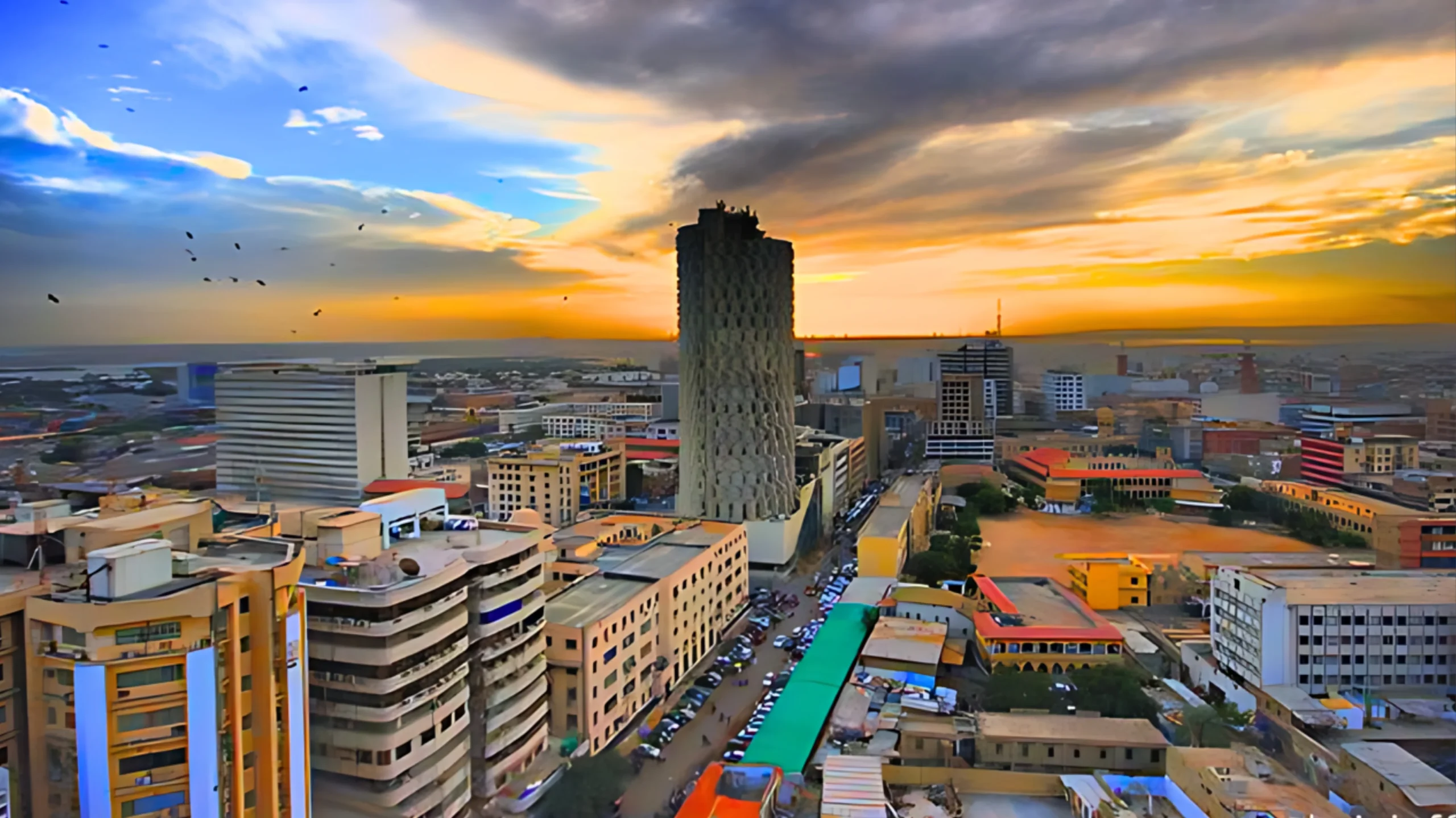As per a recent survey by Forbes Advisor, the city of Karachi, Pakistan is ranked as the second most dangerous city in the world.
This has been arrived at after researching on 60 cities and analyzing seven main areas of risk: crime, personal safety, health, infrastructure, natural disasters and digital security.
The report also suggests that personal safety is a major issue in Karachi. Consequently, it can be observed that any resident or visitor to this particular region greatly faces dangers from criminals, violence, terrorism and even catastrophes.
Moreover, the instability that plagues its economy worsens the general level of risk.
It was not only violent crime which troubled the report; in fact, violent crime rate topped crime-related issues in Karachi.
Some of these include street crimes and muggings along with gang warfare which have increased the sense of insecurity in people living there.
Furthermore ongoing terrorist threat puts lives at stake since several groups operate inside Karachi targeting public places with citizens often getting killed.
Karachi is also prone to substantial risks from natural calamities. Very excessive and sporadic monsoon rains can cause heavy floods in the city leading to severe destruction of infrastructure and disruption of normal life.
In addition, its location along the coast makes it vulnerable to tropical cyclones and rising sea levels that have far-reaching effects on the safety and stability of the city.
Inadequate infrastructure is cited in the report as another major risk factor for Karachi.
The roads, public transportation network, and utilities are always poorly maintained which results in accidents thus hampers quick response during emergencies.
Furthermore, the lack of strong medical facilities aggravates things by making it hard to properly address health hazards.
Additionally, digital security is an area where Karachi needs to do a lot more. Its cybersecurity measures are not enough for cyberattacks that meet global standards and this puts the city at risk.
As a result of this vulnerability, there may be significant disruptions to both public and private sectors thereby affecting areas ranging from financial transactions through essential services.
Such complex dangers highlight that it is imperative to modernize Karachi’s public safety and infrastructure.
Boosting policing, investing in resilient constructions, and embracing enhanced network security are critical measures for m finding the risks at stake.
This will also create a safer environment by promoting economic stability and providing job opportunities.
The city of Karachi has been named one of the world’s most dangerous cities; this designation however should act as a wake-up call for its citizens.
To ensure that its residents and visitors feel safe, these issues must be dealt with.
From both government and community stakeholders, substantial efforts need to be made if meaningful change is to occur in Karachi that would improve people’s lives.




